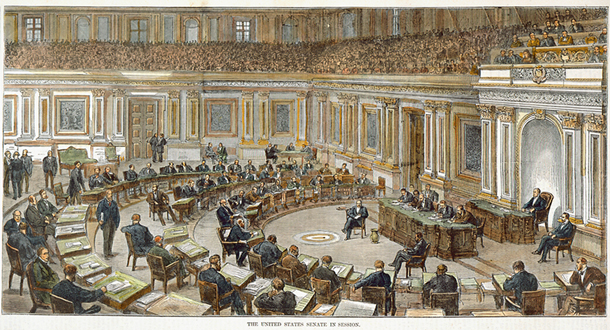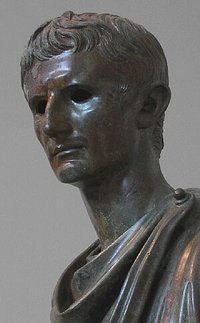Open Letter to Senator Clinton
Senator Clinton,
I write today not as a political adversary, but rather a Democrat concerned for the well being of the party.
For sometime now, at least since your entry into the United States Senate, your name has appeared atop many opinion polls and pundit's lists regarding the 2008 Presidential race. You have been seen as a juggernaut; both in name recognition and fund raising ability. You have also been labeled a pioneer; for you have been the most accomplished woman to be touted as Presidential material in this Republic's history. But I ask you today, during the last hours of 2006, to not run for the Office of President.
I believe that there is a post far better suited for you and what your legacy ought to be defined by; Majority Leader of the United States Senate. Though the Presidency may be the most glamorous of elected offices, the Majority Leader of the Senate would allow you the opportunity to run the Legislative Branch. You would have the power to move the Senate how you saw fit, enact legislation you deemed most beneficial to the Union, and craft a legacy outside the shadow of your husband's. There have been many a Majority Leader to have far greater and longer lasting influences on the shaping of the United States, than that of Presidents.
Then there is the real chance that you may not be nominated by the Democratic National Committee for President. As we have seen in recent weeks, your poll numbers in key primary states such as Iowa and New Hampshire do not reflect overwhelming support for your candidacy. I believe it is due to the high negatives you would bring to a national campaign. You would galvanize GOTV efforts for both the Democrats and Republicans; which is not what you want. To me it appears that the Republicans would welcome your candidacy more than any other current Presidential aspirant; bar Dennis Kucinich of course. There appear to be too many downsides which would come with your candidacy, but to come out and declare your intentions not to seek the Presidency would be extremely beneficial to our party.
This nation must look to the future and not the past come 2008. You Senator Clinton, I am sorry to say, are the past. If you ran the nation would be subject to punditry concerning White Water, HillaryCare, Paula Jones, Monica, and the Impeachment. You may have genuine ideas regarding the path at which to take this nation, but it is your presence in the race which will be the central issue. So I ask to you pave a path for those like John Edwards, Barak Obama, Tom Vilsack, and others (Bar Dennis Kucunich) to seek the Presidency. They will bring hope and optimism to the Presidential race, not rumor and innuendo regarding the past.
So I ask you to please take a long hard look at your chances, your legacy, and what is right for the Democratic Party when making your decision to seek the Presidency.
Sincerely,
San Soucri




